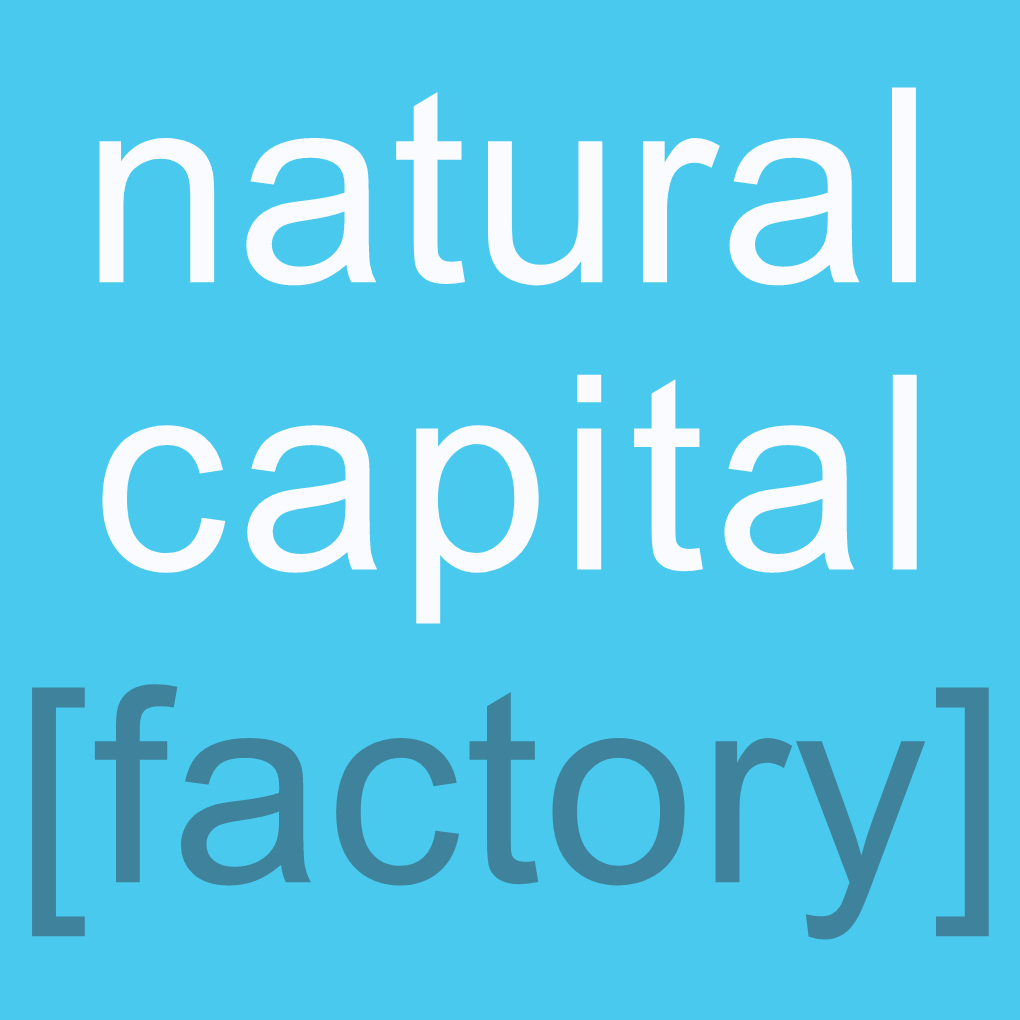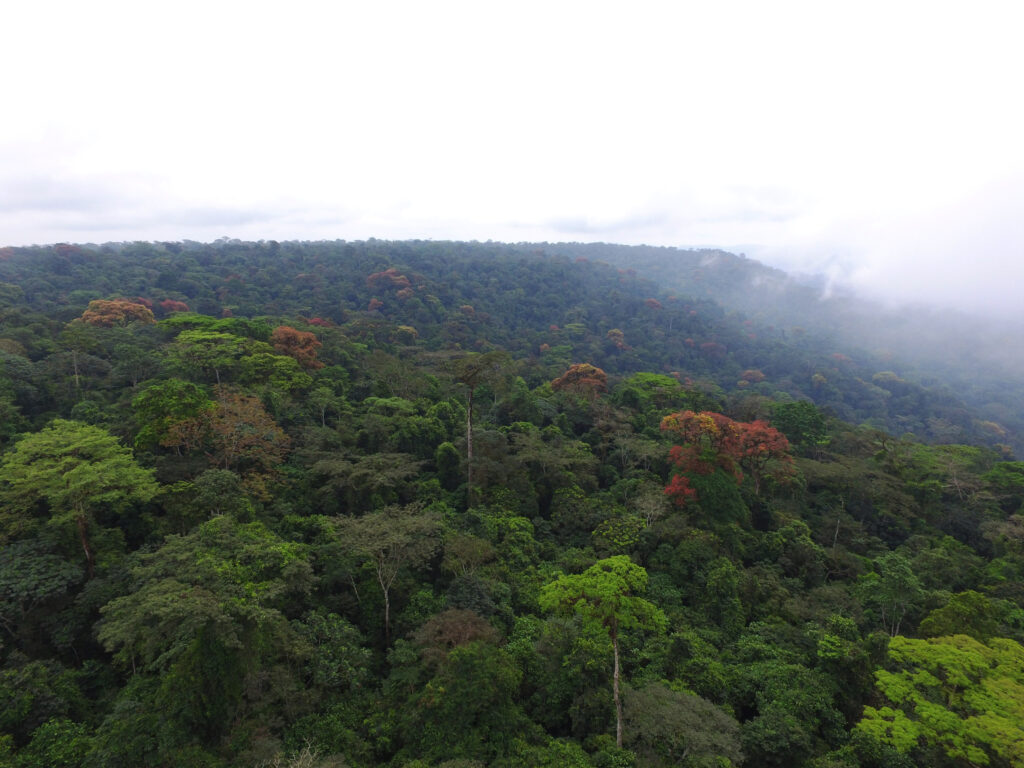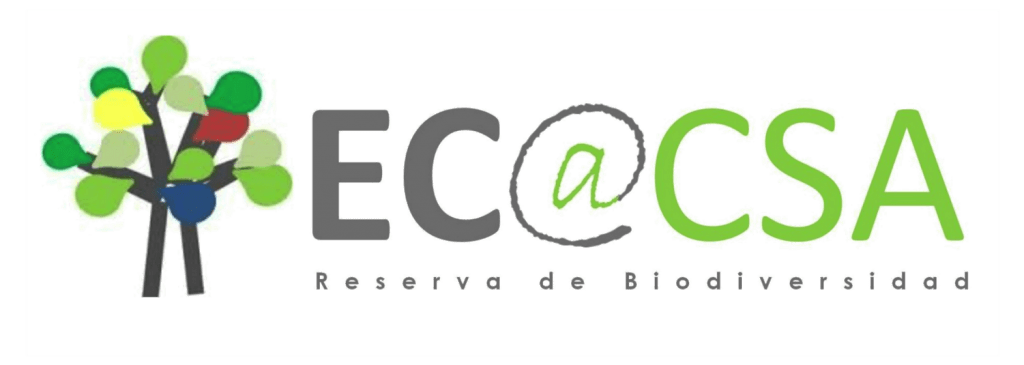The Atewa Forest Reserve (Ghana) is being degraded by logging and non-timber exploitation and expansion of agricultural land and gold mines. This is affecting water flows and water quality, harming the population. This study assesses and evaluates the costs and benefits that may occur in such an area. It follows the framework established by TEEB (The Economics of Ecosystems and Biodiversity) for assessing ecological, hydrological and land use.
The study uses mainly market-based methods to estimate the values of different ecosystem services, complemented by household surveys, avoided cost methods and transfer of values from similar studies. The study assesses the four scenarios, their costs and benefits over time, and how they affect different groups in different ways, concluding that the creation of a national park with a buffer zone (scenario 3) would generate the highest net value USD 1157 million, 30-year period, 5 % discount rate. In addition, the additional conservation and green investment actions in scenario 3 will generate long-term economic benefits for both marginal communities and downstream users in the Densu, Ayensu and Birim river basins.


